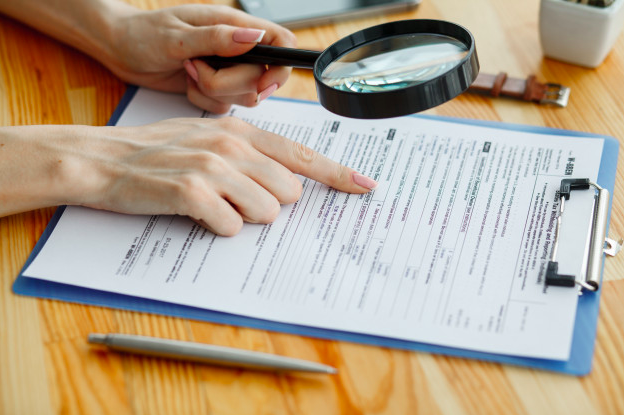
You’ve probably heard the term “power of attorney” before, but you might not know the ins and outs of what it requires. In this article, we’ll go through ten things to know about a power of attorney.
1. What is a Power of Attorney?
A power of attorney is actually a legal document. This legal document allows you to appoint an individual (or more than one) to be in charge of your financial, healthcare, and/or legal affairs in the event that you are unable to make these decisions yourself, due to illness. The POA ensures that you will be taken care of, even if you are unable to communicate your wishes to doctors, the bank, or a lawyer.
2. Who Needs a Power of Attorney?
You may think that just the elderly need a POA. However, that is a misconception. Anyone can need a POA, even someone who is in the best shape of their life in their twenties. Not to sound gloomy, but illness (especially now, as COVID-19 is spreading more and more rapidly every day) can affect anyone. Don’t think that because you’re young and healthy now that you won’t need a power of attorney one day.
3. General Power of Attorney
The next four items on this list are definitional. A general power of attorney is also called an “attorney in fact” or an “agent.” This person gets a broad scope of power over your affairs. They handle financial decisions, business transactions, settling claims, employing professional help, making gifts, and even the purchase of life insurance.
4. Special Power of Attorney
A general power of attorney is different than a special power of attorney, as the latter has less of a broad scope. A special power of attorney is a document that grants someone scope over a limited transaction or small part of your life. You might sign a special power of attorney giving someone the ability to manage your property, collect debts on your behalf, or handle business transaction. The scope is far more limited with this document.
5. Durable Power of Attorney
A durable power of attorney is not its own separate POA. “Durable” refers to its validity even if you become mentally incompetent. A special power of attorney or general power of attorney can be a durable power of attorney. This means that it will be valid even while you are mentally incompetent or mentally ill. It’s essentially a protective measure, granting your POA durability—lasting validity.
6. POA for Healthcare
A POA for healthcare is a power of attorney that strictly revolves around your healthcare decisions. Say you are in the hospital for an illness and you are unconscious; your POA for healthcare will make medical decisions on your behalf, keeping in mind what you would want. The POA for healthcare will mirror your healthcare wishes.
7. Who Should You Choose?
Only you can decide who to choose. However, the main factor is trust. Do you trust this person to make sound decisions on your behalf? Your life will quite possibly be in their hands. Level-headedness and trustworthiness are two of the most important characteristics of a POA, with a special emphasis on the latter.
Should you suspect your POA of wrongdoing, you are not left in the lurch. There are state resources, such as an ombudsman or other legal advocates, who can look into transactions and ensure that your POA is not abusing his or her powers. If you feel you are in danger, contact law enforcement.
8. Appointing Multiple People
You can appoint more than one power of attorney, but you need to specify whether they must make decisions together or if they are permitted to make them separately on your behalf. Note that a possible downside of this is that your POAs might not agree, slowing down decision-making and causing conflict.
9. Can Your Choice Be Questioned?
Your choice is valid if you are mentally competent when you sign it. Each state has its own specific laws on competency when signing such a document, and you should contact an estate planning attorney to safeguard your choice from people who may naysay.
10. Now What?
To create a power of attorney, you should contact an estate planner. This attorney will walk you through the document and ensure it is done properly.
With the uncertainty surrounding the coronavirus, now is the time to make sure your affairs are in order if the worst-case scenario comes to pass. Contact an estate planning attorney and set up a POA as soon as possible.

